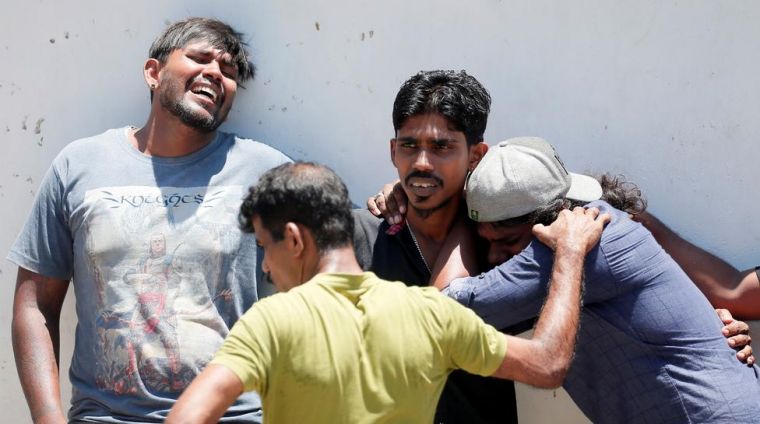The state of religious freedom in Sri Lanka

The death toll continues to rise following Easter service bomb attacks against churches in Sri Lanka.
"We're shocked and appalled and our prayers go out for our brothers and sisters in Sri Lanka," says Paul Robinson, the CEO of Release International, which supports persecuted Christians around the world.
"The scale of this horror takes our breath away. All-too often Easter becomes the focus for violence against Christians.
"Christians in many countries are on high alert for attacks timed to disrupt the most joyful service of the year – Easter Sunday. But terrorism can never overcome the central truth of the Gospel – Christ is risen. Please pray for our brothers and sisters in Sri Lanka and wherever Christians face violence around the world."
Around 2 million Christians live in the Buddhist-majority nation where Christians from Bhuddist and Hindu backgrounds face discrimination for their faith.
The growth of evangelical Christianity in Sri Lanka since 1980 has met with violent opposition from Buddhist extremists. Persecution has intensified since 2012, coinciding with a rise in Buddhist nationalism.
Militants have burned churches and attacked Christians. Threats and intimidation are rife. In many cases, violent mobs have been led by Buddhist monks.
Christians say local government officials and police do little to prevent the attacks – and are sometimes complicit in them.
Anti-Christian violence has abated somewhat since 2015, when President Maithripala Sirisena came to power, pledging to uphold religious freedoms guaranteed in the constitution.
In 2008, a government circular was issued requiring places of worship to be 'registered', despite there being no legal means to do so. Many 'unregistered' churches have been forced to close. That circular has been used to limit religious freedom and intimidate pastors.
Buddhist nationalists have attempted to pass anti-conversion laws in Sri Lanka that would criminalise some forms of evangelism. After the law was rejected, there were moves to change the constitution to make Buddhism the official religion and to outlaw attempts to convert Buddhists. It was defeated at the Supreme Court. Further moves to ban conversions were proposed in 2011.
UK-based Release International has been supporting Christians whose churches have been attacked and forced to close. But attacks on this scale are unprecedented in Sri Lanka.
Through its international network of missions Release International is active in more than 30 countries around the world, supporting pastors, Christian prisoners and their families; supplying Christian literature and Bibles; and working for justice.











